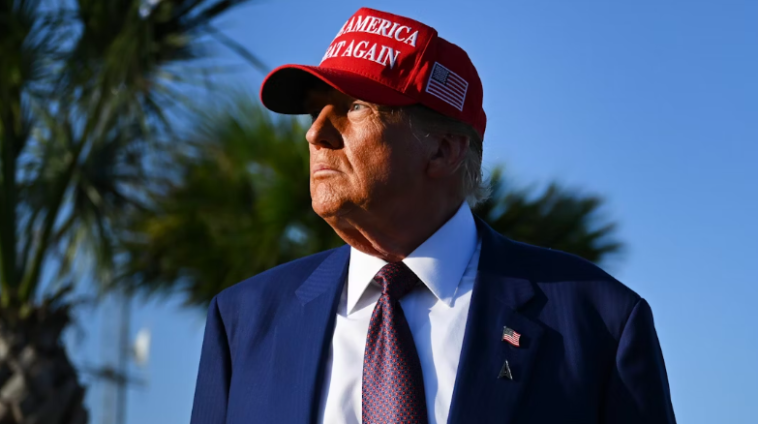President-elect Donald Trump has announced plans to reevaluate U.S. commitments to Ukraine and NATO, signaling a significant shift in American foreign policy. In a recent interview, Trump highlighted the need for European allies to increase their defense spending and take a more active role in maintaining regional security. The move is part of a broader strategy to prioritize American interests and recalibrate the nation’s role on the global stage.
NATO Allies Under Pressure
Trump criticized NATO allies for failing to meet their defense spending obligations, reiterating a stance he held during his first term. “It’s time for Europe to step up,” he remarked, suggesting that the U.S. could reduce its military and financial contributions if NATO members do not shoulder a fair share of the burden. Currently, only a handful of NATO countries meet the alliance’s goal of spending 2% of their GDP on defense.
Trump’s position reflects a growing frustration among many Americans who view the U.S. as overextended in global conflicts while other nations benefit from American security guarantees without adequate contributions of their own.
Ukraine Aid in Question
The president-elect also hinted at a possible reduction in U.S. aid to Ukraine, emphasizing the need for European nations to take the lead in supporting the country amidst its ongoing conflict with Russia. While reaffirming his commitment to a peaceful resolution, Trump underscored that the U.S. cannot continue to bear the financial and military brunt of the conflict alone.
This shift comes as Ukraine continues to receive substantial aid from the U.S., with over $60 billion provided since the start of the conflict in 2022. Trump’s administration appears poised to demand greater accountability and increased participation from NATO and European nations in supporting Ukraine’s defense.
A New Era in Foreign Policy
Trump’s comments highlight his administration’s focus on recalibrating U.S. foreign policy to align with domestic priorities. This approach is expected to include reducing military engagements abroad, renegotiating international alliances, and emphasizing burden-sharing among allies.
Supporters of Trump’s stance argue that it is a necessary correction to decades of overcommitment, ensuring that U.S. resources are directed toward national interests. Critics, however, warn that such a shift could weaken alliances, embolden adversaries, and undermine global stability.
Preparing for Change
As Trump’s inauguration approaches, NATO allies and international leaders are bracing for a potential realignment of U.S. foreign policy. Discussions are expected to intensify at upcoming NATO meetings, where the president-elect’s administration is likely to outline its vision for the future of the alliance.
This recalibration represents a pivotal moment for U.S. diplomacy, with far-reaching implications for global security and the balance of power. Trump’s focus on a more equitable approach to international cooperation is set to redefine America’s role in the world, potentially reshaping alliances and strategic partnerships for years to come.
WATCH BELOW
Trump says Ukraine should prepare itself for a change in how much assistance it gets and that NATO countries need to step up and start paying their fair share. pic.twitter.com/mJOSKY1i1p
— Ryan Saavedra (@RealSaavedra) December 8, 2024


